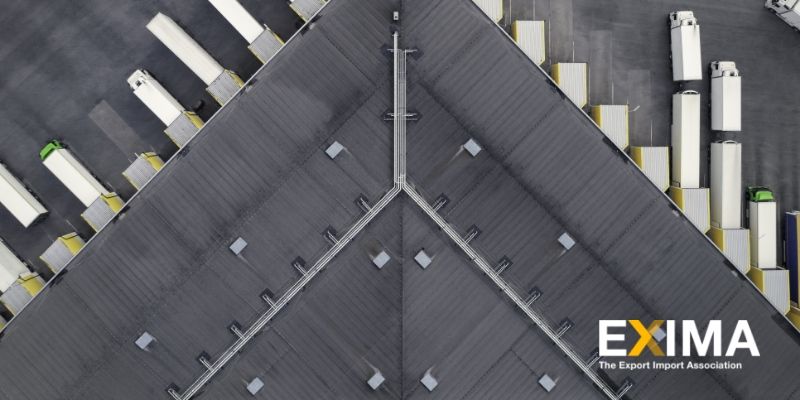The distribution process should always be designed with the goal of getting the product to the customer as soon as possible. Logistics hubs, warehouses, and all distributors along the way work together to make this happen in the most cost-effective way. Here’s how:
Effective Distribution and Reception
In a logistics hub, the central warehouse receives goods from the manufacturer and processes inventory, which is then distributed to supporting warehouses nearby. Arizona’s hub provides goods to 85 million customers within a day’s drive. Neighboring warehouses keep goods only long enough to organize and package them before distributing them to warehouses further away from the hub.
Cheaper Rented or Shared Warehouse Space
Having multiple options allows for greater storage and access flexibility. This setup brings together a large number of distribution specialists, which reduces costs. By consolidating distribution in one location, it becomes easier and less expensive to manage high demand or perishable goods.

Easier Communication and Order Fulfillment
A hub and spoke model ensures that staff in each facility divide tasks and specialize in managing the inventory they are accustomed to managing. Because they go to the same place every day and take the same routes, employees become acquainted with their surroundings. Shorter designated routes are easier to navigate, provide better traffic management, offer more predictable security, and use less fuel to reach B2B clients.
Available Public and Private Infrastructure
Logistics hubs and warehouses are usually located in areas with good transport infrastructure, electricity, manufacturing plants, office space, data, staff, shipping, storage, and port services, which all contribute to making the environment accessible and cheaper for receiving and distributing goods.
Investing in and sharing private facilities and knowledge reduces costs while increasing value for everyone in the mutually beneficial ecosystem. The establishment of new hubs in Africa, the Middle East, and Africa will be critical for international trade in the near future.
Even if your small business is far from these hubs, understanding how these systems work can influence how you order, receive, and manage your inventory to save money.
Learn More with EXIMA
At EXIMA, we believe in making international trade easy and ensuring you have all the tools you need to trade confidently. That includes helping our users learn everything they need to know about global trade. Join the export/import association today!









